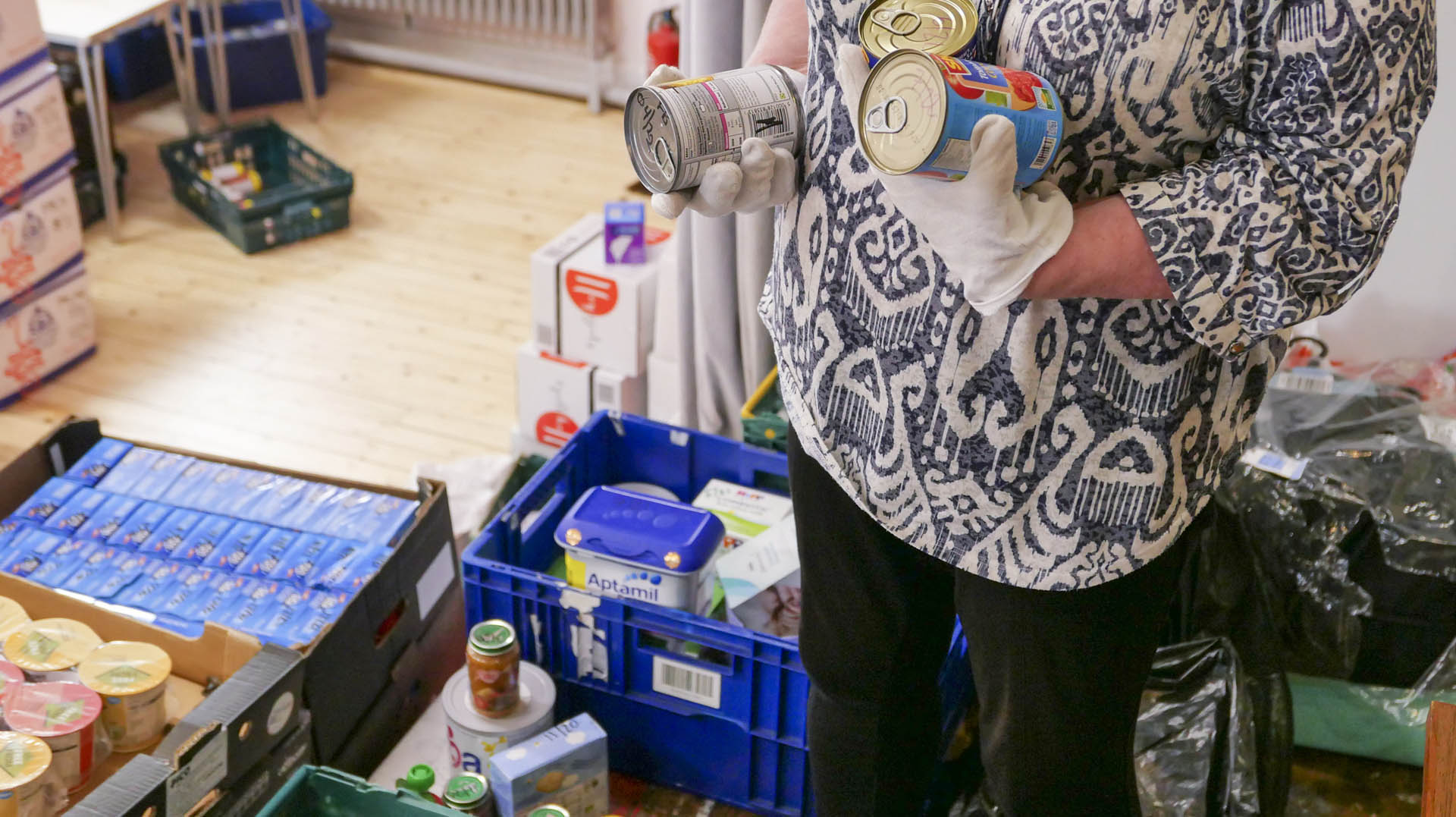
COVID-19’s decimation of sectors such as hospitality and the arts may have garnered more column inches, but the effect on charities has been equally brutal, with the sector currently facing a £10bn funding gap.
March saw UK charities facing a perfect storm – an unprecedented attack on every area of a charity’s income, coupled with increased demand and costs, which caused them to rapidly burn through reserves.
Amidst the Covid-19 pandemic, many charity shops have closed and fundraising events and activities have been cancelled. Many charities do not have the reserves to keep up with the demand for services. Approximately 6,000 charitable organisations had been forced to close by June of this year.
The sector desperately needs emergency funding for frontline charities and volunteers supporting the response to the coronavirus crisis, especially where they are alleviating pressure on the health service or providing support to people suffering from the economic and social impact of coronavirus.
The response to that need from the philanthropic sector has been as profound as it has been impressive. Some commentators feel it has been transformative in nature and has certainly shown the sector at its best.
What is striking about the pandemic response from individuals and institutions alike is threefold: the scale of the capital being committed, the speed with which it is being given – with fewer conditions; and the collaboration that is occurring to ensure the need is met.
From the deployment of fast crisis funding to support the launch of community-based rapid-response initiatives to meet specific need, to collaborative investment to fund vaccine development and medical advancement, philanthropy has been instrumental in addressing long and short term issues that have arisen from the pandemic.
It is safe to say there has never been a time in recent memory when we have been more collectively aware of the value of charity in our lives. This is a global pandemic that traverses all borders and socio-economic backgrounds. Its effect is deep and profound and shows no signs of diminishing. And while the philanthropic sector will not be able to support every charitable institution in dire need of support, the streamlined processes, partnerships and swift deployment of funding are enabling it to make tangible, positive change in response to the COVID-19 pandemic. And for that, it should be applauded.
En Avant Limited
e: georgieandnicola@en-avant.co.uk